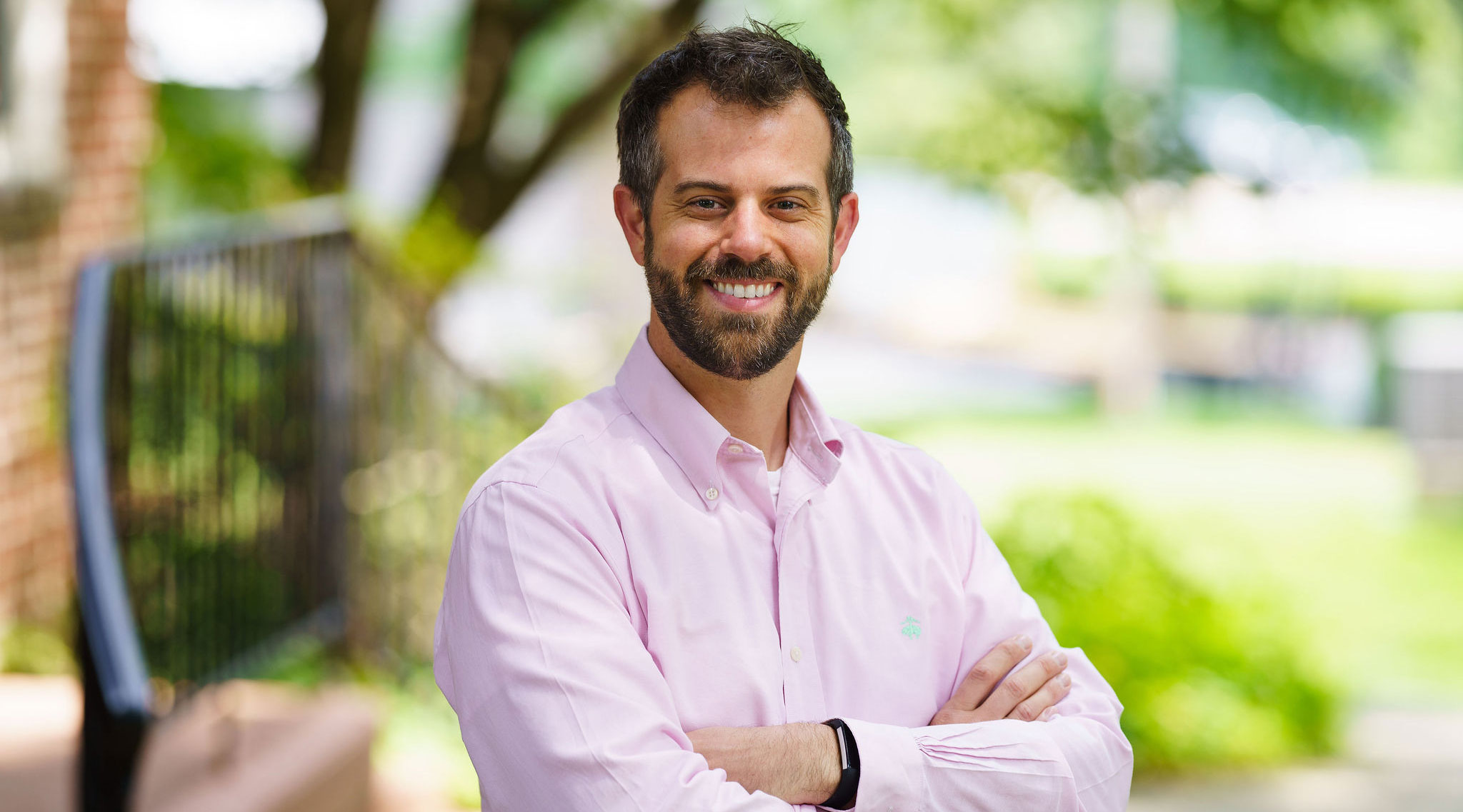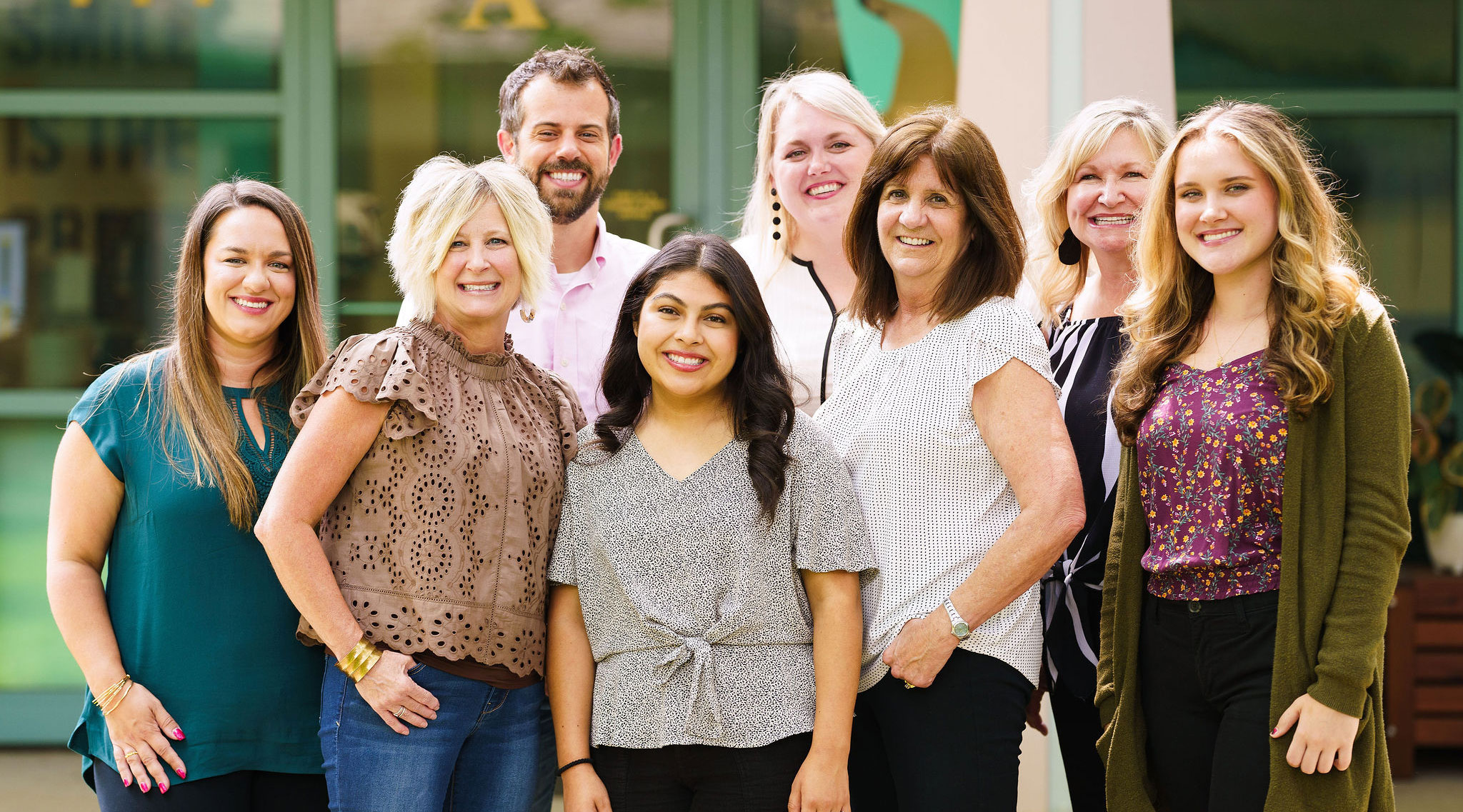Oral cancer screenings are essential for keeping your mouth healthy. A dental expert will carefully check your mouth and look for signs of cancer when it is still in the early stages.
Finding oral cancer early is very important. It means that the treatment can work better and may be less intense.
What Does an Oral Cancer Screening Entail?
During an oral cancer screening, your dentist will check all areas inside of your mouth. This includes the lining of your cheeks, the roof of your mouth, the floor of your mouth, tongue, gums, and lips. Your dentist will also feel for lumps or any unusual signs in your neck and jaw.
The screening is usually fast and painless. Sometimes, specialized dyes or lights are used. These help show abnormal areas so your dentist can see them better.
This whole process is essential for your overall health. It allows for early detection and quick action if needed.
The Signs and Symptoms of Oral Cancer
Recognizing oral cancer signs early is crucial. Some people may not initially show symptoms, so knowing the warning signs is essential. Look out for:
- Persistent mouth sores
- Red or white patches in the mouth
- Difficulty swallowing
- Unexplained numbness in the mouth or face
Identifying the Early Signs of Oral Cancer
Early detection of mouth cancer can help with treatment. It is important to notice any strange changes in your mouth, even small ones.
Be alert for sores that bleed and do not heal after two weeks. This is a serious sign. Other signs of cancer can be lumps, thick areas, rough spots, or red or white patches in your mouth. You might also feel pain, tenderness, or burning when you chew or swallow.
If you have any of these signs, especially if you use tobacco, reach out to your dentist as soon as you can. Early diagnosis and treatment are crucial for a positive outcome.
When to Consult Your Dentist
Regular visits to your dentist are essential for finding oral cancer early. If you see sores, lumps, or changes in color in your mouth that last more than two weeks, you should see your dentist immediately. Also, if you have trouble chewing or swallowing, feel numbness in your mouth, or have a long-lasting sore throat, it’s important to get examined soon. Remember, visiting your dentist can help with early diagnosis and better results in oral cancer treatment.
The Critical Importance of Early Detection
Early detection is vital in fighting oral cancer and improving treatment outcomes. Treatments include surgery and radiation therapy. The National Cancer Institute recommends regular screenings, especially for high-risk individuals, to prevent cancer spread. Educating on the importance of oral hygiene helps in early identification. Dentists play a key role in awareness and examinations for timely detection and improved prognosis. Vigilance in monitoring oral health can save lives through early detection.
How Early Detection Influences Treatment Success
When we find oral cancer early, the treatment is usually simpler and has a better chance of success. Early-stage cancer is often still in one place and has not spread to other areas of the body.
For early-stage oral cancer, treatment can be surgery alone, radiation therapy alone, or a mix of both. Sometimes, doctors may also suggest chemotherapy or immunotherapy.
As cancer gets worse, it becomes harder to treat. This is why regular check-ups and early detection are so important for improving the chances of successful treatment and living longer.
The Difference Early Screening Makes to Survival Rates
Early detection significantly impacts oral cancer survival rates. The National Cancer Institute states that early-stage oral cancer has a higher five-year survival rate compared to advanced stages. Timely diagnosis offers more treatment options and better outcomes. However, many in the US receive late diagnoses, leading to increased mortality.
Regular oral cancer screenings are crucial for identifying the disease early, enhancing treatment effectiveness, and improving long-term health prospects.
Who Needs Oral Cancer Screenings?
Everyone can benefit from oral cancer screenings. However, some people are at higher risk and need to be careful. Regular screenings are vital for those who use tobacco, drink a lot of alcohol, have been exposed to the human papillomavirus (HPS), or have a family history of oral cancer.
You can find detailed information about oral cancer risk factors and screening advice on health websites like the National Institutes of Health (NIH) and trusted healthcare places like the Cleveland Clinic.
High-Risk Groups for Oral Cancer
Certain factors increase oral cancer risk. Awareness is crucial, and understanding your risks can guide your health choices.
| Risk Factor | Description |
| Tobacco use | Includes cigarettes, cigars, pipes, chewing tobacco, and snuff. |
| Heavy alcohol use | Excessive consumption increases risk. |
| HPV infection | Some HPV strains are linked to oral cancer. |
| Age | Risk rises with age, notably after 40. |
Other risks include sun exposure, weak immune system, and poor diet. High-risk individuals should consider regular dental screenings.
Guidelines for Regular Screenings: How Often and Who
The number of oral cancer screenings needed depends on your personal risk factors. Talk to your healthcare provider about what is best for you.
Usually, people with average risk should get an oral cancer screening every year during their regular dental checkup. However, you might need screenings more often if you have higher risk factors.
These screenings are quick and painless. They can also be lifesaving. Following your healthcare provider’s advice and scheduling regular screenings can lower your chance of getting throat cancer. If caught early, it can also help you get the proper treatment on time.
Set Up a Screening
If you’ve noticed symptoms of oral cancer or are otherwise at risk, don’t delay. Contact Creekside Family Dental and schedule your screening today.


 Meet Dr. Leffler
Meet Dr. Leffler
 Meet the Team
Meet the Team
 Dental Membership Plan
Dental Membership Plan
 Insurance Information
Insurance Information
 Patient Forms
Patient Forms
 Online Bill Pay
Online Bill Pay
 Your First Visit
Your First Visit





